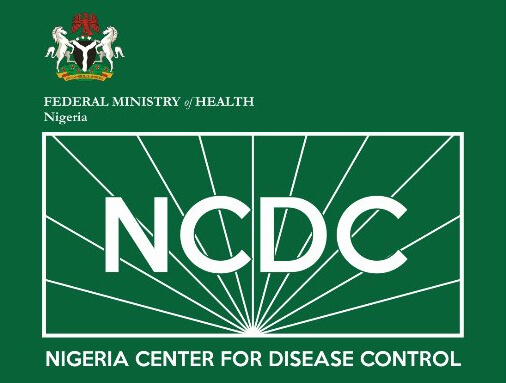The Nigeria Centre for Disease Control (NCDC) says the country is at a very high risk of increased Lassa fever transmission.
Lassa fever is an acute viral haemorrhagic fever caused by the Lassa virus. The natural reservoir for the virus is the Mastomys natalensis rodent (commonly known as the multimammate rat or the African rat). Other rodents can also be carriers of the virus.
On January 22 it was reported that the number of Lassa fever confirmed cases has risen to 244 with 37 deaths.
The agency said in a statement on Monday that it has activated the national multisectoral emergency operations centre for Lassa fever (LF-EOC) at level 2 to coordinate and strengthen ongoing response activities in the country.
It said the operations centre was activated following a risk assessment carried out on January 20 by its experts and relevant stakeholders.
“The outcome of the risk assessment placed the country at a very high risk of increased Lassa fever transmission due to an unprecedented upward trend in the number of confirmed cases being reported compared to previous years, increased number of states reporting cases in comparison to previous years and increased risk of healthcare worker infections and deaths due to Lassa fever infection,” the statement reads.
“Infection and death among the healthcare workers accounted for 5 and 1 of the confirmed cases and deaths respectively, highlighting the need for an increased index of suspicion among healthcare workers.”
The NCDC said the purpose of emergency operations centre activation was to achieve a coordinated national response and reduce suffering and death due to the disease.
“Ahead of the projected rise of Lassa fever cases and as the country began to witness a rise in cases in the last week on November 2022, the NCDC prepositioned supplies for case management, infection prevention and control, laboratory diagnosis, etc. in all historical Lassa fever hotspots in the country.”
“This was complemented by correspondence sent to the Honourable Commissioners of Health, the Nigerian Governors’ Forum, State Ministries of Health, and respective professional bodies of healthcare workers to alert and sensitize them on the situation as well as to advocate for in-State activities to respond to Lassa fever.”






Comments are closed.